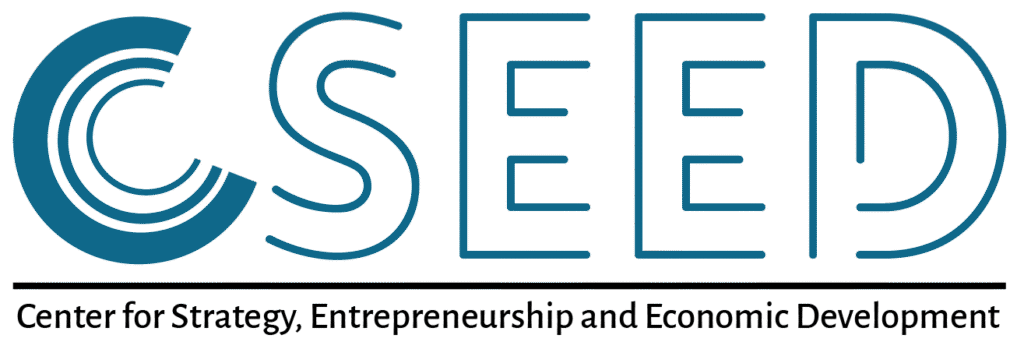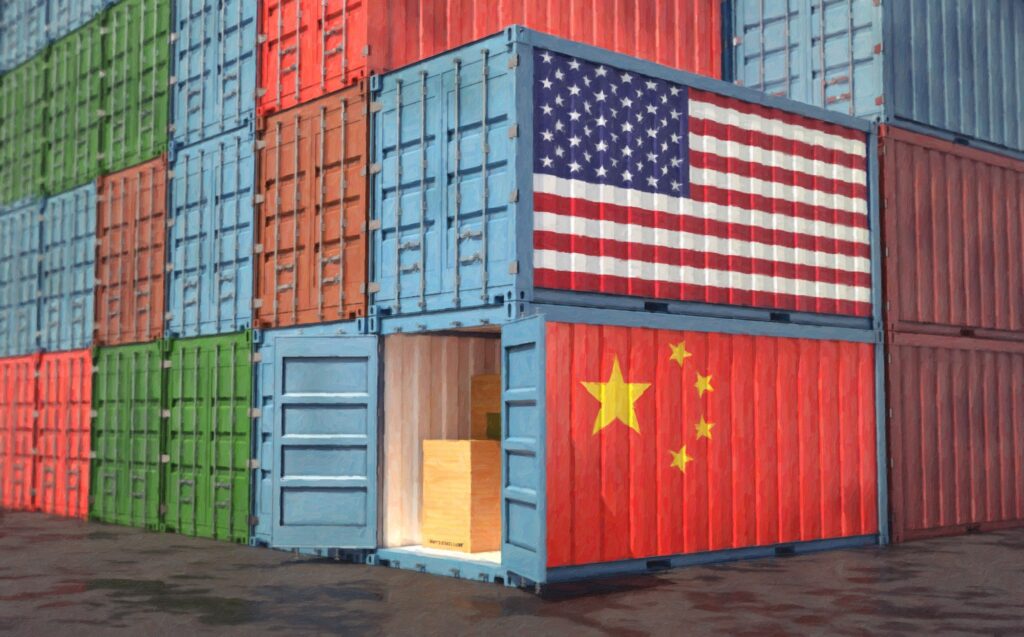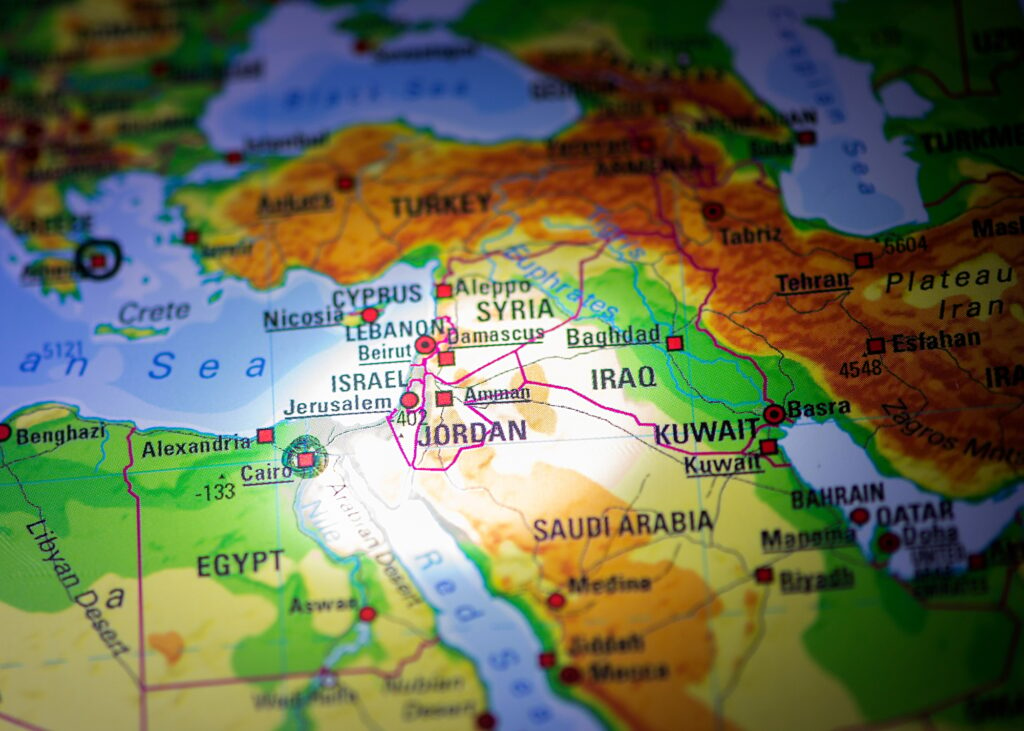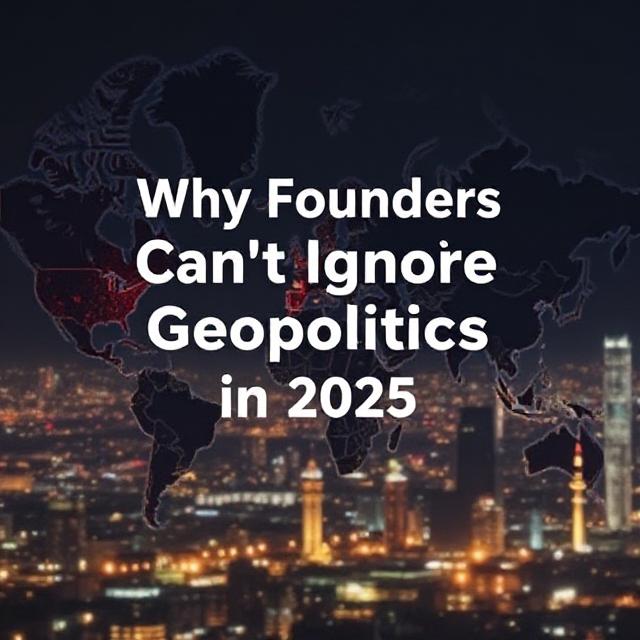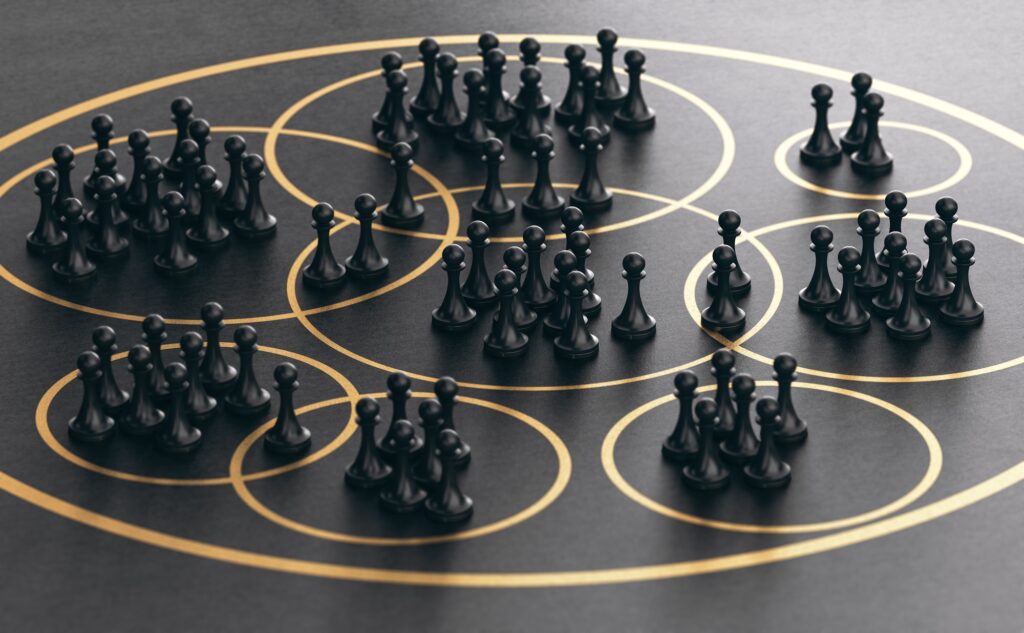In 2025, economic diplomacy is no longer a behind-the-scenes practice. It’s at the heart of how nations shape influence, markets shift, and businesses strategize. As global trade becomes increasingly volatile, with tariff wars, supply chain decoupling, and nationalist economic policies, entrepreneurs and policymakers find themselves navigating unprecedented complexity.
One of the biggest triggers of this shift? The reimplementation and intensification of U.S. protectionist tariffs under President Donald Trump’s administration has prompted strong global responses and sent shockwaves across industries.
The New Normal: Disrupted Trade and Rising Nationalism
With the U.S. now imposing high tariffs on imports from key economic rivals and even allies, countries are retaliating with equal force. This tit-for-tat approach is shifting the tone of international trade from cooperation to competition, triggering the rise of what economists are calling “strategic de-globalization.”
Key Insight:
The World Bank’s 2025 Global Outlook suggests that protectionist measures introduced between 2022 and 2025 have shaved off 1.2% of global GDP growth, particularly hurting small economies reliant on exports.
Implications for Entrepreneurs
🧭 1. Rethinking Market Entry Strategies
High tariffs and non-tariff barriers have redefined which markets are viable for expansion. Entrepreneurs can no longer rely on traditional trade routes.
• Trend: Southeast Asian and African markets are becoming safer, more collaborative alternatives to U.S.-centric supply chains.
• Action Point: Risk-mapping and geo-economic forecasting are becoming core competencies for international startups.
🔄 2. Supply Chain Realignment
Entrepreneurs are rapidly adapting supply chains to navigate tariffs and de-risk manufacturing.
• Case: Electronics startups are shifting assembly lines from China to Vietnam, Indonesia, and Mexico to bypass tariff hikes.
• Stat: A 2024 survey by McKinsey showed 41% of small businesses in the tech sector have either moved or plan to move part of their supply chain within 18 months.
🛡️ 3. Policy Savviness = Competitive Advantage
Understanding how trade policies affect different industries allows startups to position themselves as resilient and responsive.
• Example: Agri-tech startups in the EU are leveraging green subsidies tied to new trade agreements that reward low-carbon export chains.
Implications for Policymakers
🤝 1. Diplomacy Must Be Entrepreneur-Friendly
Policymakers must realize that modern diplomacy extends beyond embassies—it lives in export hubs, startup ecosystems, and venture networks.
• Need: Create entrepreneurial diplomacy desks in embassies to promote startup partnerships, investment bridges, and bilateral incubator programs.
📉 2. Shielding Local Innovation from Global Shockwaves
With tariff wars disrupting price stability, local businesses face inflationary pressure and unpredictability.
• Policy Direction: Build shock absorption mechanisms such as:
• Tariff rebate programs for export-focused SMEs
• Venture funds for businesses affected by sudden trade shifts
🌐 3. Encourage Regional Integration Over Global Dependency
Rather than depending heavily on a few powerful economies, national strategies should encourage regional economic clusters.
• Case: The African Continental Free Trade Area (AfCFTA) offers a blueprint for intra-regional trade resilience in times of global trade conflict.
Looking Forward: The Age of Smart Strategy
In a climate of rising economic nationalism, both entrepreneurs and policymakers need to embrace a “smart diplomacy + agile business” mindset.
• For entrepreneurs, success will come from strategic agility, policy awareness, and market diversification.
• For policymakers, winning the global economic game will depend on whether they can design frameworks that protect national interest without isolating innovation.
Economic diplomacy is no longer a choice. In 2025, it’s a competitive necessity.
– Center for Strategy, Entrepreneurship & Economic Development
